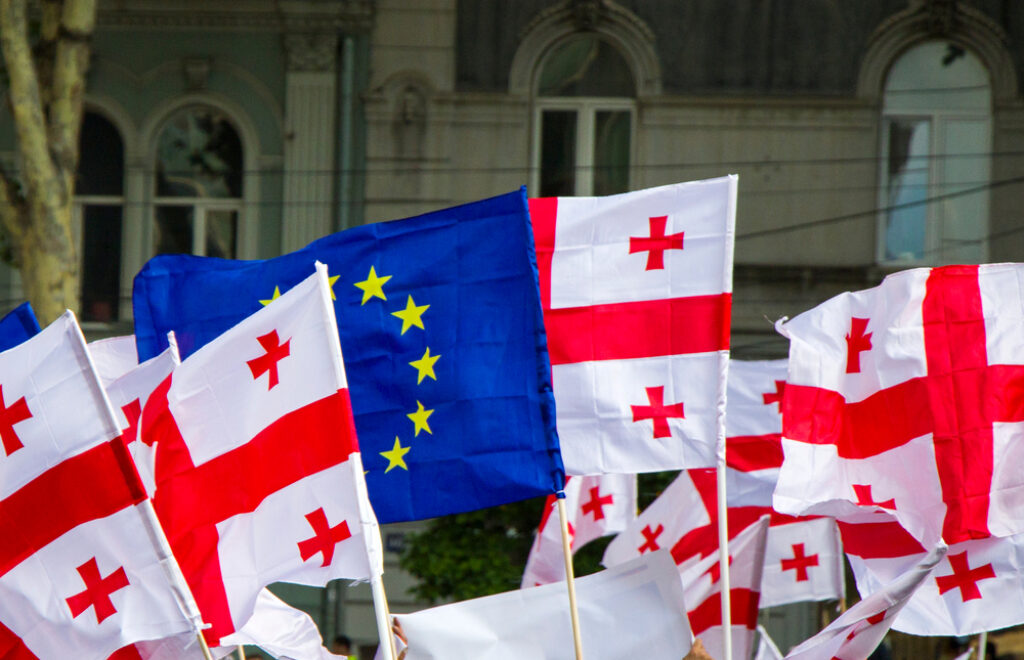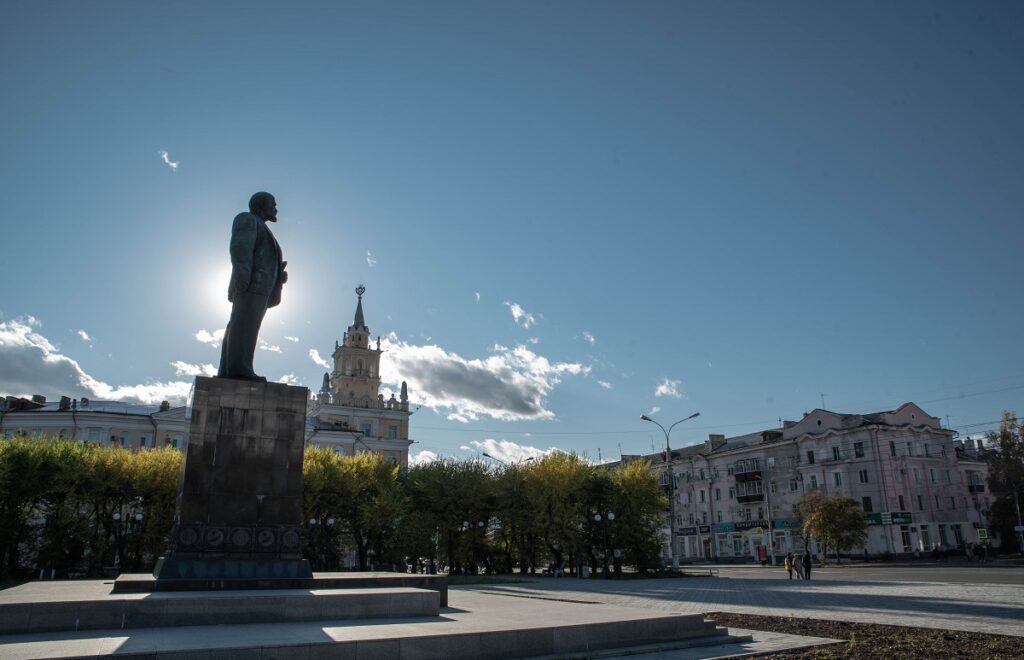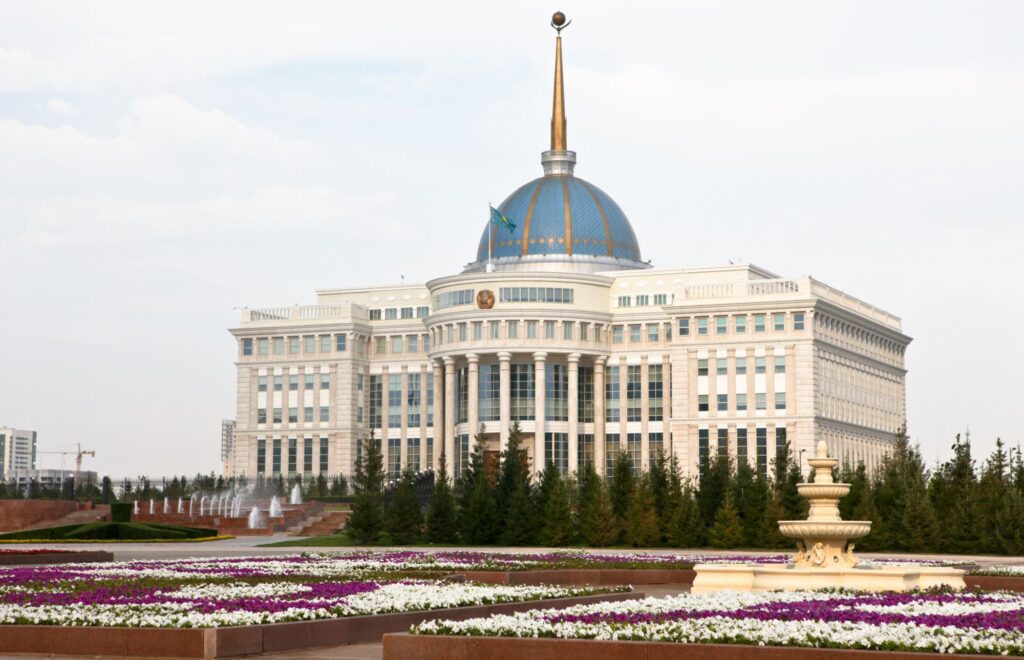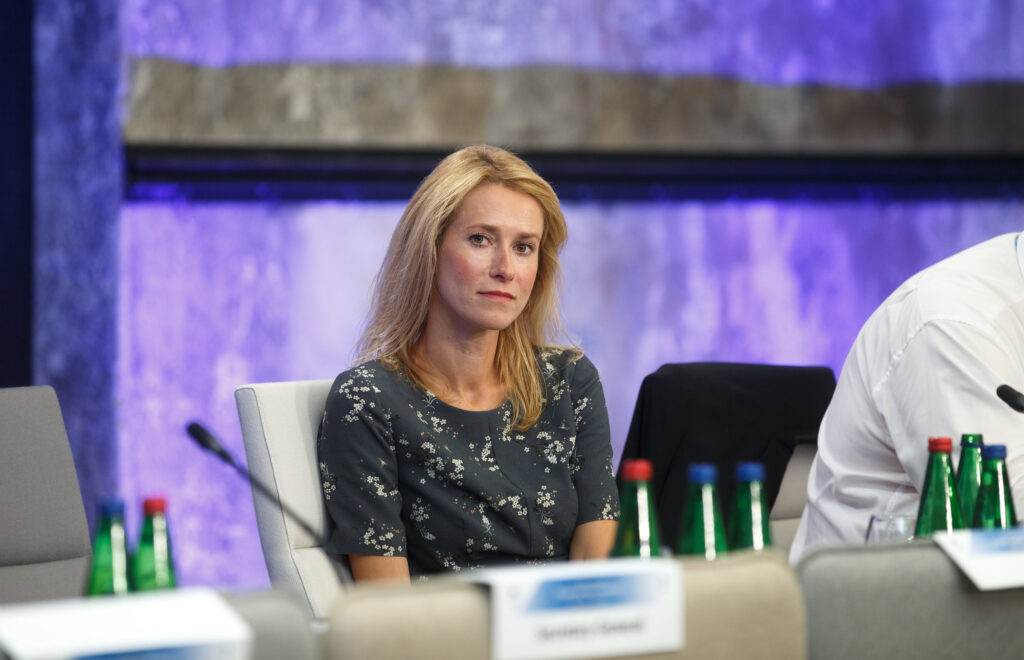EU resilience in the Eastern Partnership: what does the case of Georgia’s political crisis tell us?
The year 2021 was full of challenges for Georgia’s democratic future and its relations with its western partners. After the parliamentary elections in October 2020, Georgia entered a deep and protracted crisis that, as of writing, still haunts the country’s politics. Disagreements over the results of the elections led to deadlock in February 2021, when the police raided the headquarters of the largest opposition party to arrest its leader. Naturally, this raised concerns among local human rights advocates and democracy watchdogs.
February 15, 2022 - Shota Kakabadze













































